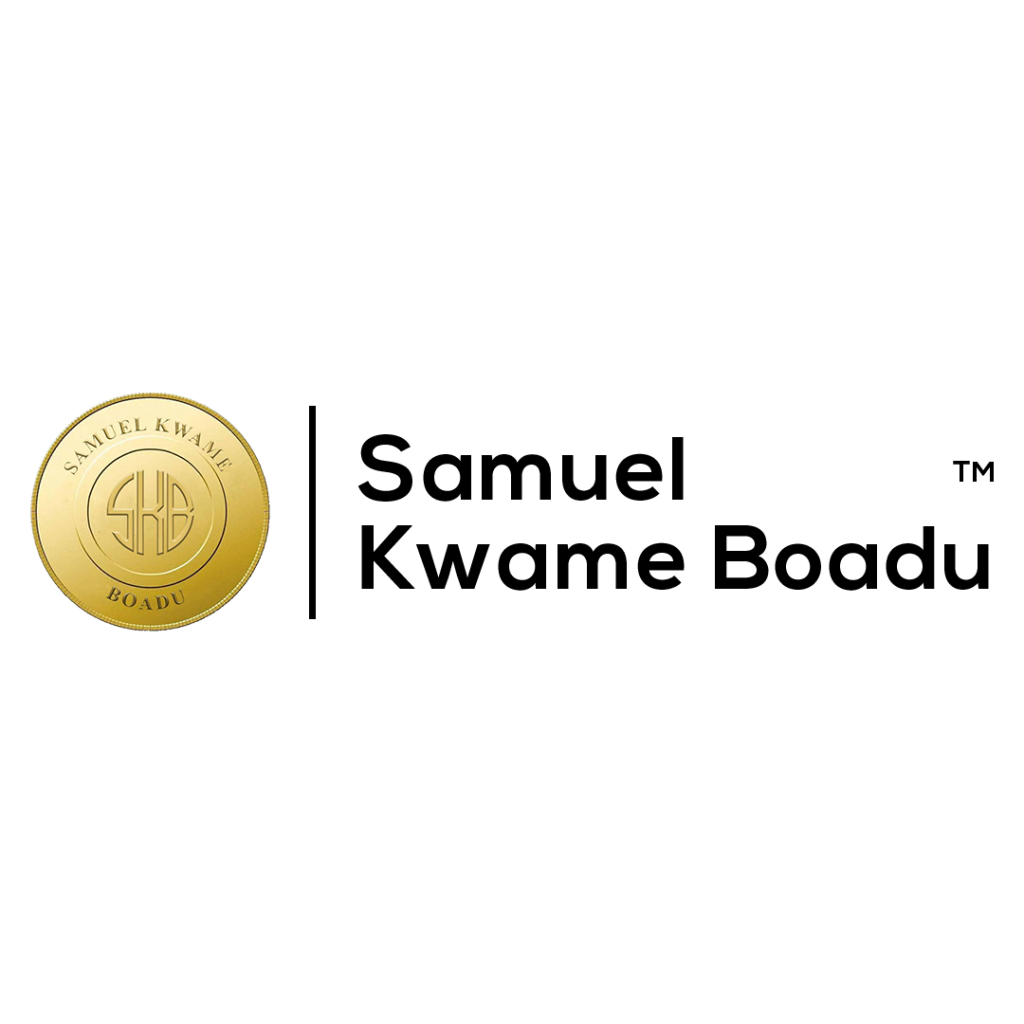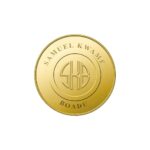When you look for a new role, don’t start by updating your CV. Instead, do a self-assessment to help you identify all the key information about yourself.
Doing this will help you provide valuable content for your CV and interviews, as you will uncover examples that illustrate your capabilities. It will also enable you to benchmark your employability, flag up any gaps and ensure you keep on track with the type of opportunities that are right for you. In effect, it prepares you to run an effective job search campaign.
So how do you go about conducting a careers self-assessment?
Assess your skills
Think about the skills that are required to do your job effectively. You might find it helpful to think about the difference in skills between someone who would do your job well and someone who would do it poorly. Add to this list any other key skills you have deployed elsewhere. What do you do especially well and which skills do you enjoy using?
Read Also : Women Style : 10 Awesome Tips To Look Good At Work
Now think of two or three examples where you demonstrated each skill in action. If you look closely, you will usually find that within each example there are a host of other related skills you employed. For instance, you might have written down “negotiation skills when dealing with a supplier”, but when you break it down you may also reveal relationship-building skills, conflict management and flexibility.
Now benchmark your skills by looking at adverts for roles that interest you to see what employers require from their candidates. You can also talk to agencies and headhunters for their opinions. Do you have the skills they are looking for with the examples to prove it? Are these skills transferable to other roles? Are there areas you need to develop? How will you do this? Can you step straight into your target role, or will a stepping-stone role be more realistic?
What do you know?
Candidates often underestimate their knowledge and how it can be of use to an employer. This could range from applied technical know-how, to knowledge about a particular product, service, sector or type of customer. Are you up to date with the level of understanding required for your next role? If not, make this an immediate goal.
Can you add value?
How have you helped your organisation generate income, reduce costs, solve problems and improve the quality of its service? Your contribution may have been as an individual or as part of a team, but include it all. Have you met or exceeded your individual and or team targets at work? Do you have access to people, information and resources that could be of benefit to a potential employer? Prove that an investment in you is likely to reap a return.
What do you want?
This will include the salary level, of course, but what else is important to you? How do you want your next job to be different from your current one? What are the things you would like to keep the same? This might encompass looking at your day-to-day work activities, personal values and work environment, as well as logistics such as commute time or working hours. Write down your wish list and prioritise it so that you have your decision criteria for considering future opportunities.
Ask for feedback
Supplement your careers self-assessment with feedback from others who know you in a professional context, such as your manager, colleagues, business contacts or a career coach. Ask them what you do well and any areas that you need to develop. Where appropriate, also tell them what you are looking for next.
It may not be a good idea to tell your boss that you’re thinking of leaving, but you can certainly ask for their advice and feedback on your career development. They are more likely to be more responsive if you position this discussion as being motivated by your wish to enhance your job performance or because you are interested in other opportunities that may become available in the organisation.
Although those giving feedback will all have different perspectives or agendas, there will be areas of consistency, which are likely to be part of a shared picture that others may have about you. If these differ from your own self-perception, or don’t match the types of roles you are looking for, then at least you’re aware of it and can do something about it.
Once your assessment is completed, you should have a much more detailed idea about what it is you have to offer prospective employers and you can now start writing your CV.
Click on t.me/iamsamboad1 to Join our Telegram Channel to shares Jobs | Tips | Articles





1 comment
[…] Read Also : How to self-assess your skills […]